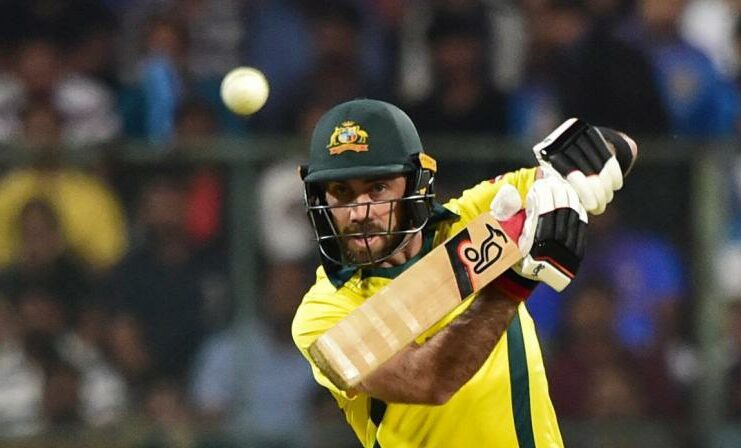Gone are the days when players suffered mental health issues and keep quiet in order to not be judged, mocked at or indicate that pressure has got the better off them in fulfilling the demands of cricket.
In the last few weeks, we have had players coming out and taking the desired break from the game and address the issues at large.
Mental health is something that has been ignored in world cricket for quite some time.
Perhaps the recent happenings will open the eyes and help us deal with the issues in a broader way.
For most of it all, credit must be given where due.
In the end of October, Australian cricketer Glenn Maxwell took an indefinite break from the game citing mental health issues midway during the T20I series against Sri Lanka.
Maxwell ended up playing the first two games and then the decision to let the management know happened.
Cricket Australia and the team management came out in support of the senior all-rounder, who scored a stroke-filled half-century in the first T20I to help his side register their biggest win on home soil.
When a person goes through mental health problems, nobody can tell looking at them from the outside.
It is indeed difficult to spot anything as players put on a mask while performing on the field.
The smile covers all that is going inside the head. For Maxwell, it was a similar thing.
When you looked at him playing this year or in the series against Lanka, he looked calm. However, in his mind, he was facing all the demons that bothered him.
One should thank Maxwell for coming out and sharing the things with coach Justin Langer.
By doing this, Maxi not only helped himself but also opened up the door for many cricketers to come out and approach the issue by going fearless.
“Behind the mask of the great entertainer and the great talent and the great team man and everything we see publicly, a lot of these guys are human and they’re hurting a bit. “Hopefully he’s going to be fine,” Langer was quoted as saying by cricket.com.au.
Here we analyse how Maxi helped players come out and deal with the problems.
Support is the need of the hour
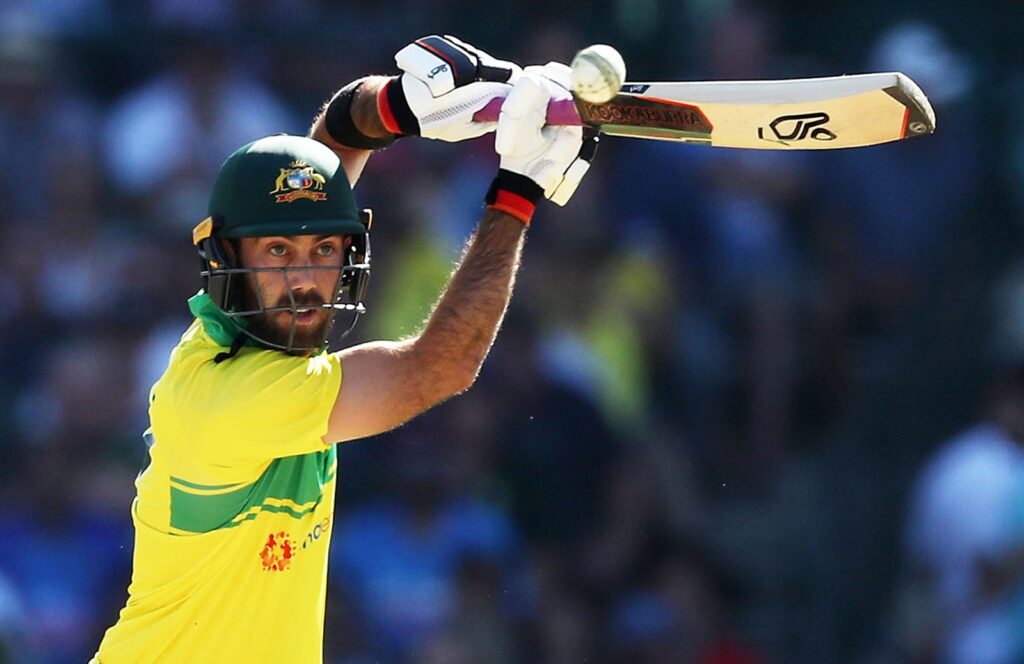
Langer, the Australian national team coach, went on to add that the senior cricketer will be provided full support and the management of the national team will stay in touch with him. “Like all injuries, we’ll work out where he’s at with it and work out when he’s going to return to play hopefully healthier and happie than he is at the moment,” Langer said.
“You check in all the time. It’s very topical now, you’ve got to look after each other.”
That’s the kind of assurance you need from the people around you. For someone like Maxwell getting this mix of trust and assurance would have done him a world of good.
Cricket should not be all about win-loss.
It is a sport that should unite everyone and help the people who play the game day in and day out.
“It’s not just about win-loss and we’ve come to recognize that. “We’ve got to show people respect and care for them. It’s not just what you see on TV. It’s what behind the mask that counts,” the former Australia opener said.
Nic Maddinson, Pucovski follow suit, take break at a pivotal time
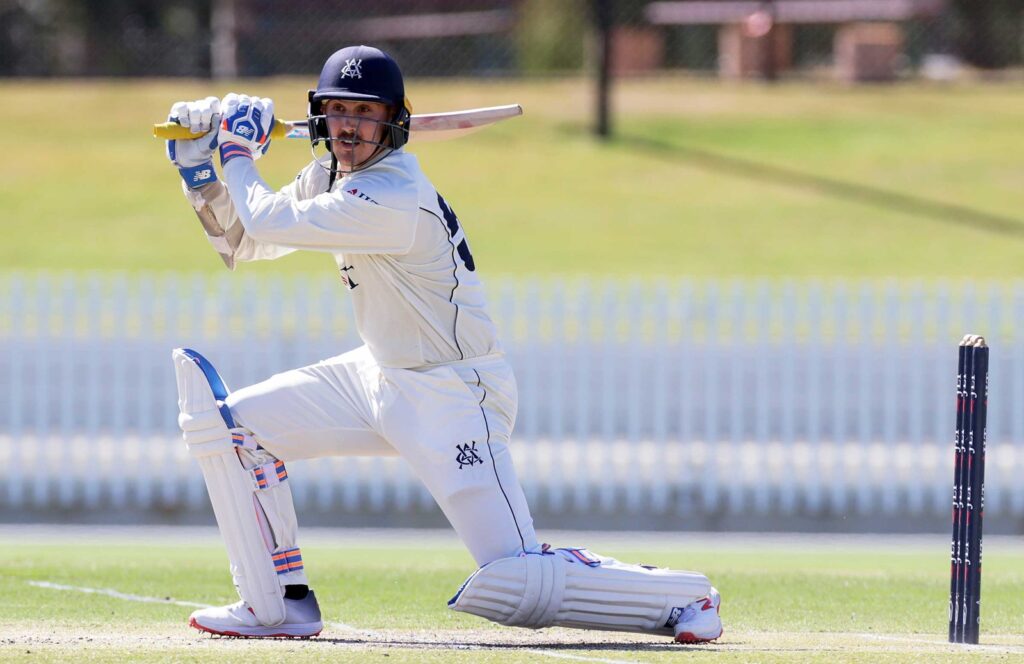
10 days after the Maxwell incident happened, another Aussie cricketer Nic Maddinson pulled out ahead of the a warm-up match against Pakistan.
The match was crucial for someone like a Maddinson to showcase his talent and vie for a place in the national team for the two-match Test series, starting November 21.
However, Maddinson gained courage and made the right call.
This isn’t the first time he decided to take a break.
Maddinson, who played three Tests for Australia in 2016, has previously struggled with mental health issues and took a break from the game in 2017 after being dropped from the Test squad.
CA once again supported the 27-year-old’s decision. “Nic has made the right decision and we are all behind him,” Australia A coach Graeme Hick said in a CA statement. “It is braver to speak up than to suffer in silence and I applaud Nic for having the courage to put his health first.”
Later on, promising batsman Will Pucovski withdrew himself ahead of the series against Pakistan for “mental wellbeing” reasons. Pucovski ruled himself out of selection due to “matters pertaining to mental wellbeing”, Cricket Australia said.
The 21-year-old right-hander is the third Australian cricketer to report mental health problems to staff in just over two weeks.
Uncapped Pucovski was considered a good chance to be named in the Australia squad for the two-test series against Pakistan. Notably, this wasn’t the first time for him either to take a break from the sport owing to mental health issues.
What Maxwell has done is remarkable: Kohli
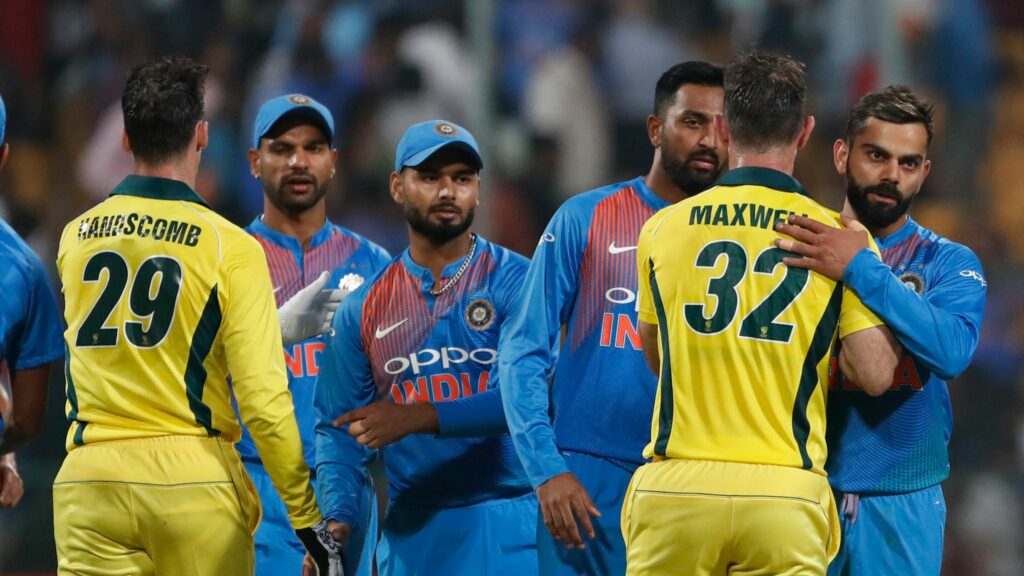
Ahead of the recently-concluded first Test match between India and Bangladesh, Virat Kohli went on to heap praise on Maxwell.
He said mental-health breaks are necessary for sport and that it’s high time that they are not seen in a negative way.
The 31-year-old himself recalled the time he was struggling to deal with his ordinary performances on the England tour of 2014. Kohli said he felt like “it was the end of the world” but was not in a position to say he was “not feeling great mentally” and “get away from the game”.
“I think what Glenn has done is remarkable. It will set the right example for cricketers all over the world that if you’re not in the best frame of mind, you try, you try and try. I think, as human beings, you reach a tipping point at some stage you need some time away from the game,” he opined.
Mental health is important and it’s time we accept it wholly
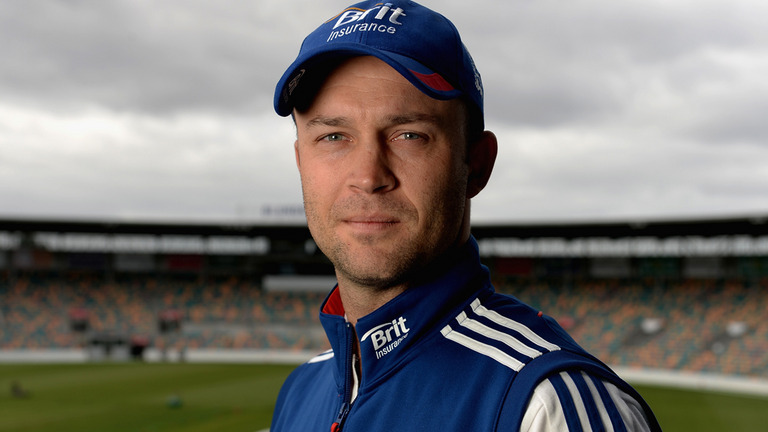
A lot of the time, mental health issues come from the pressure of performing.
Coupled with this is the fear of abstaining from taking a break. It boils down to what will people think. What if someone takes my place in the side? How will I keep scoring or taking wickets to make my presence felt? Have I let anyone down?
These sorts of questions hover around your head and tun likes a vicious cycle.
Former England batsman Jonathan Trott was one of the worst-affected by then-coach Andy Flower’s single-minded pursuit to win. “Going out to bat I felt my movements were restricted. I was very rigid. I was tense. It was really frightening,” Trott said while recalling the trauma of The Gabba Test of 2013.
We also had Kevin Pietersen speak on the the documentary called ‘The Edge.’ He said the gruelling schedule of international cricketers for himself falling out in love of the game he had always been close to. “I can’t keep on playing every single game when I’ve played every single form of cricket when I have to train every single every day. You fall out of love with it.”
Going by these stories, one can easily imagine that the history of mental health in cricket has gone on for a long time.
These current day examples of Maddinson, Kohli, Maxwell and Pucovski might make it feel like having recent origins, however, numerous examples prove that mental health has been bothering cricketers for long.
And it’s time cricket as a fraternity look more than just the business side of things and the urge of performing. We need to have a specialist in every men’s and women’s team who deals with mental health issue. From the domestic to the international level, there should be a wider perspective to deal with this stigma.
You Must Also Read:-
- How will India manage players’ workload with Cricket World Cup in mind?
- Brendon McCullum announced retirement from all forms of cricket
- Martin Guptill: The force he is, the batsman he can be!
- A Tribute To Jonty Rhodes: The Man Every Fielder Ever Wants To Be

